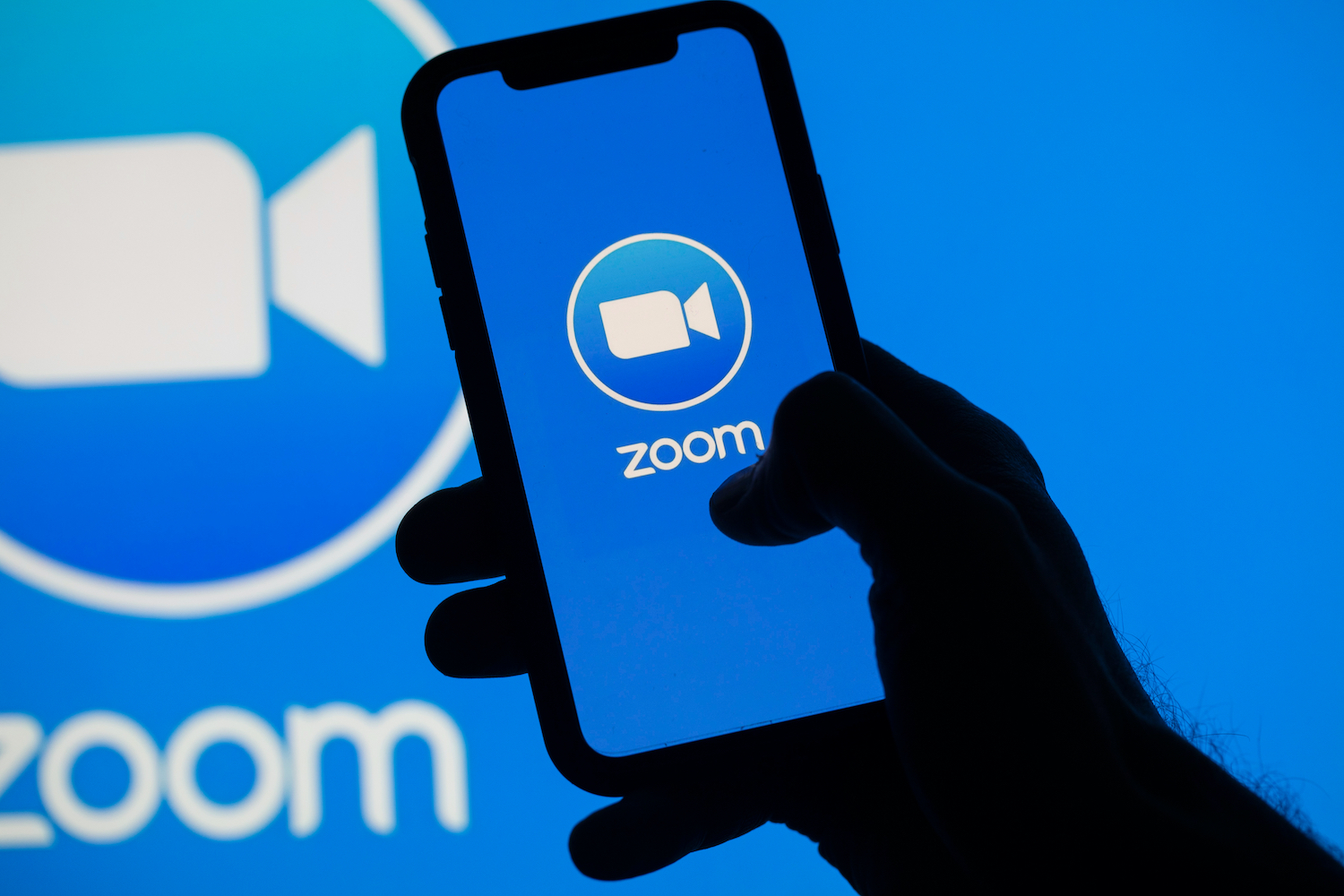Zoom's biggest upgrade yet just confirmed — here's what you get
Zoom will finally provide end-to-end encrypted calls for all of its users

Zoom, the video and voice conference call service that's bloomed in popularity during the coronavirus pandemic, is bringing end-to-end-encrypted conference calls to all free users of its service, effectively fixing one of its biggest security gaps and throwing down the gauntlet to Google Meet.
Announced by Zoom's CEO Eric Yuan in a blog post yesterday (June 17) the free version of Zoom will now have the same level of encryption as the paid-for version. Encryption will be added as part of a beta in July and will be presented as a per-meeting option or administrator-level setting for company accounts.
- How to change your Zoom background
- Our best webcams for video calls and more
- Plus: Zoom in hot water for allegedly silencing free speech
End-to-end encryption won't be enabled by default. Yuan pointed out that doing so would cause problems for Zoom users who access the service with traditional phone lines, and for certain conference-room systems. That leaves it up to the conference-call organisers to opt into using the security feature.
In order to use end-to-end encryption, users will need to verify their account via text message, and they can't use some legacy hardware such as phone lines.
Previously, you needed only an email address to sign up for Zoom, meaning a lot of users who rushed to make an account when coronavirus lockdowns came into force around the world earlier this year will need to update their details to make it work.
Some users may be a little reluctant to do this, however. Zoom was the center of criticism earlier this year when its privacy policy was discovered to be lacking, as well as rumors that the app could track anything you had open on your device at the same time you were taking a call.
Overall, though, this is a smart business decision by Zoom, since some of its big rivals do offer end-to-end encryption, such as FaceTime group calls and WhatsApp group calls.
Get instant access to breaking news, the hottest reviews, great deals and helpful tips.
Google Meet is probably the biggest competitor to Zoom right now, and while it does offer benefits like integration with Gmail, no version is encrypted. Zoom is giving itself a major advantage in the eyes of users who are concerned about discussing important information over the internet.

Richard is based in London, covering news, reviews and how-tos for phones, tablets, gaming, and whatever else people need advice on. Following on from his MA in Magazine Journalism at the University of Sheffield, he's also written for WIRED U.K., The Register and Creative Bloq. When not at work, he's likely thinking about how to brew the perfect cup of specialty coffee.
 Club Benefits
Club Benefits





